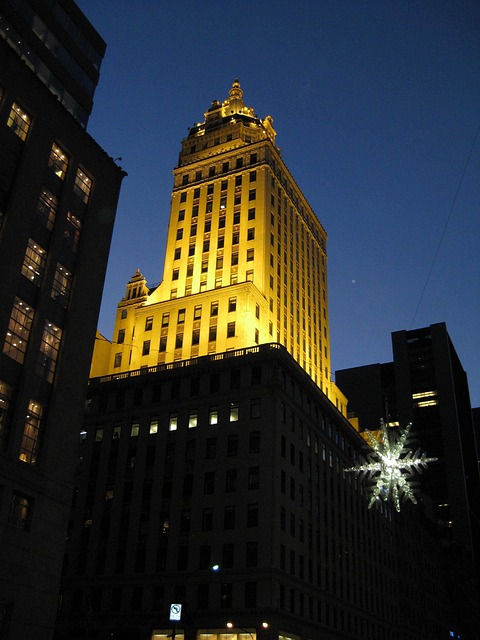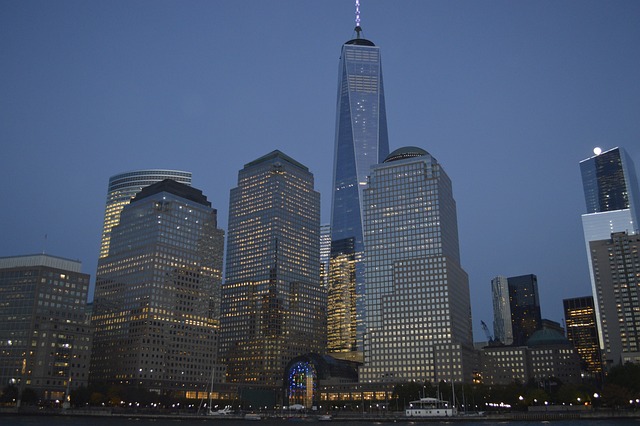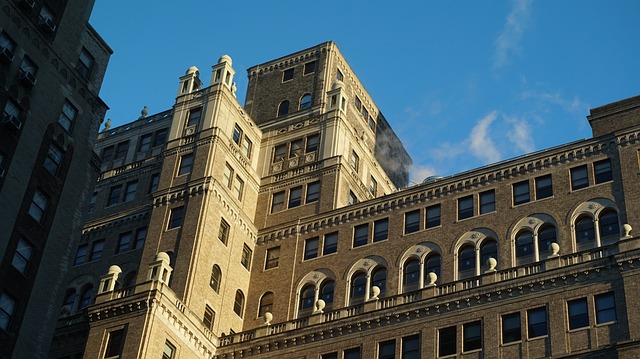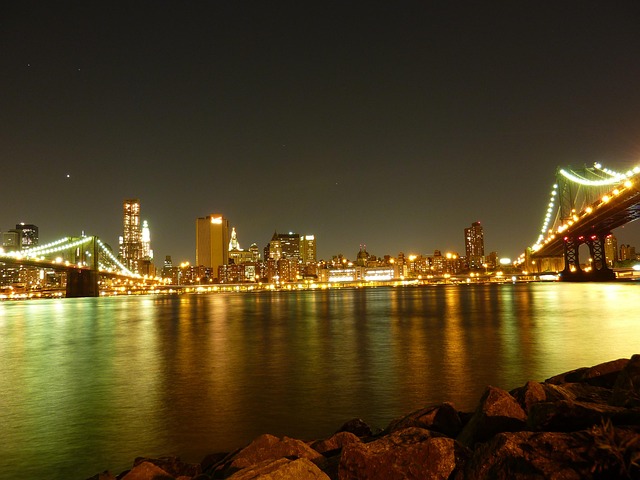In New York City, clergy abuse is a serious issue impacting various religious communities, especially minors. The demand for specialized legal aid from clergy abuse attorneys in New York NY has grown due to the significant effects on victims. These professionals handle complex cases, providing support and compensation while navigating the intricate legal framework surrounding clerical assault. Choosing the right attorney requires experience in handling sensitive religious institutional cases, understanding of state laws, strong communication skills, and empathy. The process begins with gathering documentation and preparing legal documents within strict time limits, followed by guidance through each step. Victims can access dedicated support from organizations and firms specializing in clergy abuse, offering expert guidance and safe spaces for healing.
“In New York City, where vibrant religious communities thrive, it’s essential to shed light on a sensitive issue: clergy abuse. This intricate topic demands meticulous navigation, especially when considering legal avenues. The following article aims to empower victims and guide them through the complex process by exploring key aspects of clerical assault cases in NYC. From understanding the unique challenges to finding the right clergy abuse attorney with specialized knowledge, we offer invaluable insights. Learn about the legal framework, expect when filing a claim, and discover available support systems, ensuring victims receive justice and healing.”
Understanding Clergy Abuse: Defining the Issue in New York
In New York, clergy abuse refers to any form of inappropriate or harmful behavior by individuals in religious positions toward their congregation members, particularly minors. This includes sexual misconduct, emotional exploitation, and other forms of abuse that occur within a spiritual context. The issue has garnered significant attention due to its profound impact on victims, who often face unique challenges when seeking justice.
Understanding clergy abuse is crucial for identifying and addressing it effectively. In New York City, with its diverse religious communities, there is an increasing demand for specialized legal aid from clergy abuse attorneys. These lawyers are equipped to handle complex cases involving sensitive matters, ensuring that victims receive the support and compensation they deserve. They navigate the intricate legal landscape surrounding these cases, providing guidance tailored to the specific needs of survivors of clergy abuse.
The Legal Framework for Clerical Assault Cases in NY State
In New York State, clerical assault cases are governed by a robust legal framework designed to protect victims and ensure justice. The state has stringent laws against sexual abuse, including instances involving clergy members. Victims of such crimes have the right to seek compensation through civil litigation, with clergy abuse attorneys in New York NY playing a pivotal role in navigating complex legal procedures. These attorneys specialize in handling sensitive cases, providing crucial support and expertise to help victims secure justice and recover from their traumatic experiences.
The legal process involves careful documentation of evidence, including medical records, witness statements, and any relevant church or institutional documents. A clergy abuse attorney in New York NY will guide clients through this intricate process, ensuring their rights are protected. The goal is to hold accountable those who have committed such acts and to offer victims a sense of closure and healing.
Choosing the Right Attorney: Key Qualities and Expertise
When searching for a clergy abuse attorney in New York, NY, it’s crucial to select a lawyer with specific expertise and strong qualities. Look for attorneys who have an established track record in handling sensitive cases involving religious institutions and their leaders. Experience in navigating complex legal landscapes related to clergy abuse is key, ensuring your case receives the necessary attention and advocacy.
The ideal candidate should possess excellent communication skills, demonstrating empathy and a deep understanding of the client’s situation. They must be adept at building trust, as this can be a challenging and emotional process for victims. Additionally, expertise in state laws regarding clergy misconduct and institutional liability is essential to achieving the best possible outcome.
Navigating the Legal Process: What to Expect When Filing a Claim
When navigating the legal process for a clergy assault case in New York City, it’s crucial to have an understanding of what to expect. The first step is to choose a qualified and experienced clergy abuse attorney who specializes in such cases. They will guide you through each stage, ensuring your rights are protected.
Filing a claim involves gathering evidence, preparing legal documents, and presenting your case to the appropriate authorities. It’s important to act promptly as there are often time limits for filing lawsuits related to sexual assault or abuse. Your attorney will explain these deadlines and help you gather essential documentation, including medical records, police reports, and any available witnesses or evidence that can support your claim against the accused clergy member or institution.
Support and Resources for Victims of Clergy Abuse in NYC
In the unfortunate event that someone has experienced clerical abuse in New York City, it’s crucial to know there are dedicated resources and support systems available. Many organizations and legal firms specialize in assisting victims navigate the complex legal process while providing emotional support. A clergy abuse attorney in New York NY can offer expert guidance tailored to these unique cases, ensuring victims’ rights are protected.
Victims of clerical abuse often face sensitive and challenging situations. Local support groups and counseling services cater to their specific needs, offering a safe space for healing and recovery. These resources empower individuals to take control and seek justice while fostering a sense of community and understanding among those who have endured similar traumas.






